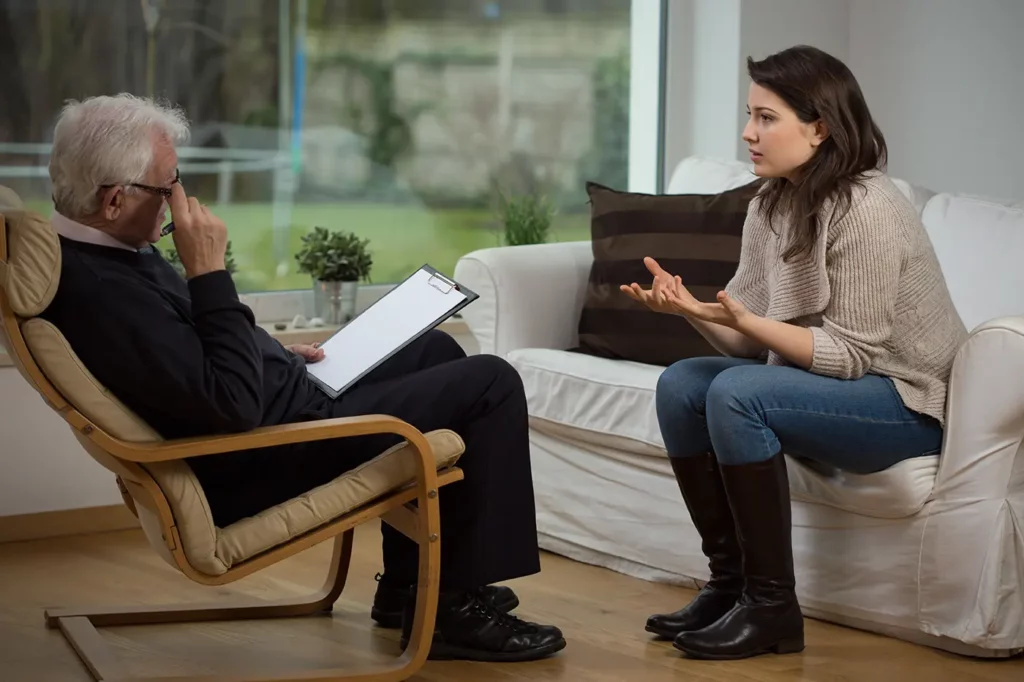24/7 Helpline:
(866) 899-221924/7 Helpline:
(866) 899-2219
Learn more about Aftercare Support centers in Childs
Aftercare Support in Other Cities

Other Insurance Options

Evernorth

Premera

Multiplan

Coventry Health Care

United Health Care

Ceridian

UMR

Magellan Health

Regence

Optima

Covered California

Cigna

Self-pay options

Horizon Healthcare Service

BlueShield

Absolute Total Care

Kaiser Permanente

BlueCross

Lucent

Ambetter







Recovery Centers of America – Bracebridge Hall
Recovery Centers of America – Bracebridge Hall is a substance use disorder treatment center located ...

Gaudenzia
Gaudenzia is located in North East, Pennsylvania. Gaudenzia addresses the needs of chemically depend...



















































































































































































































Al Anon and Al Ateen
Al Anon and Al Ateen is a non-profit rehab located in North East, Maryland. Al Anon and Al Ateen spe...



























































